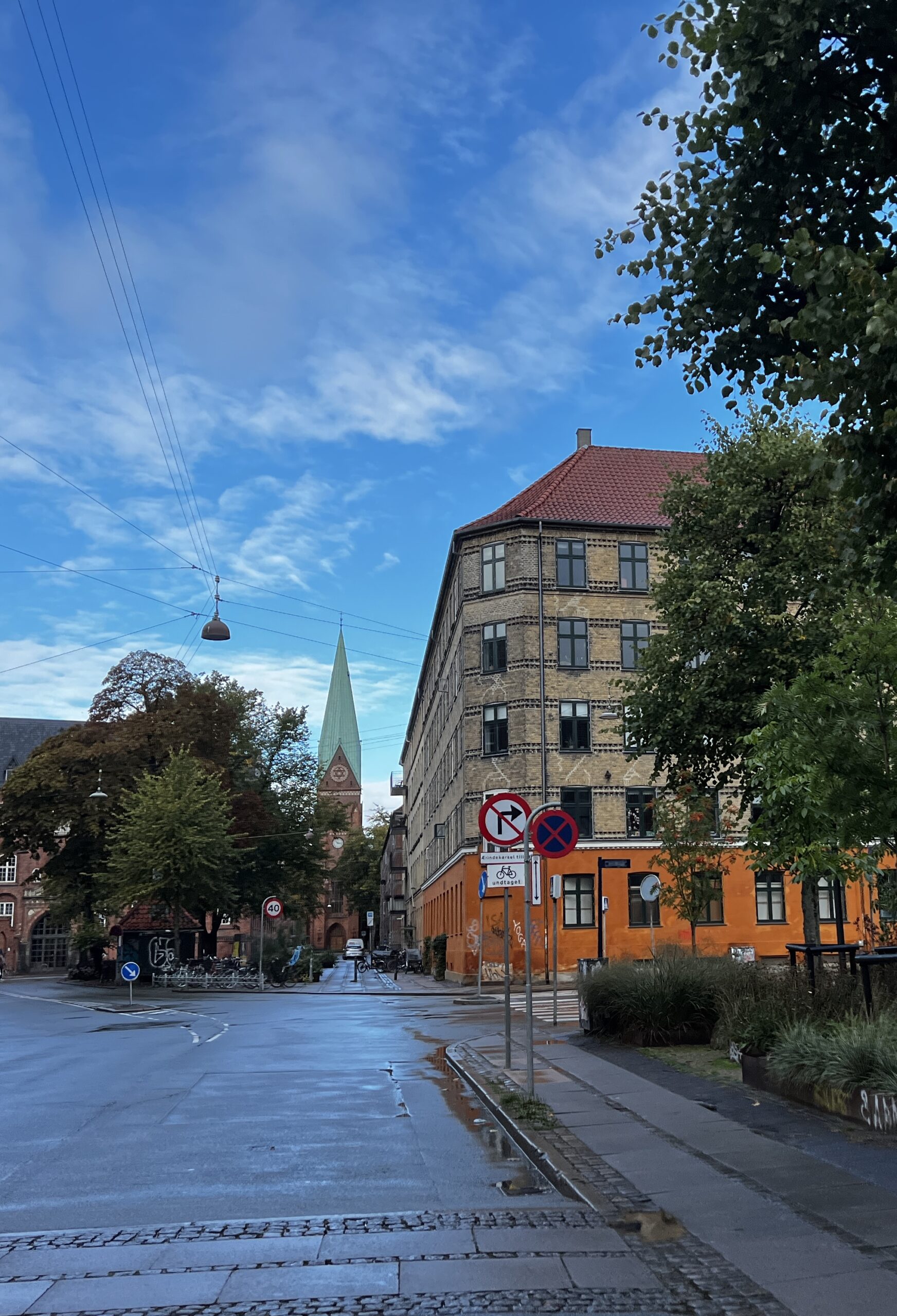
One morning we hike a few miles to a nomad’s camp on an isolated island off Turkey’s southern coast. The hike is uphill, hot, and arduous. We pass the ruins of a Roman cistern and a dry-land tortoise headed downhill. After an hour the path levels out into a broad valley and we arrive. Only the woman is home. Her name is Hanife. She is 36-years old and comes from generations of nomads. Her face is the color of dark wood from a life lived outdoors. She wears a floral head scarf, a designer T-shirt with an image of a Jacques Lemans’ watch, and the baggy pants favored by rural women in Turkey. Her husband’s name is Mutlu, which means happiness and it is said that he finally understood the meaning of his name when he married Hanife. Their daughter’s name is Ceren. Her name translates as “a gift from God.” We sit outside under a thatched roof, open-air shelter on benches covered with handmade blankets. The floor is covered with rocks. We are instantly cooled. On wooden shelves sit quart bottles of honey and gallon jars of green olives floating in salt brine. Hanife serves us sage tea in fluted glass cups nestling in ceramic saucers. As we drink we hear the tinkle of bells in the distance, a herd of goats grazing on the dry hillsides. There is no other sound. Five families live in the community and tend to two hundred animals. Nearby is a modest whitewashed mosque with a single minaret. Hanife’s home is a one-room, corrugated roofed hut without screens or glass in the windows. The floor is carpeted with hand-woven rugs. Inside are few possessions, most noticeably a folded stack of colorful blankets. In the center of the room in a cracked glass frame is a photo of Ceren. Through our tour guide Yasemin I ask Hanife what above anything else does she dream of having? She smiles shyly, looks beyond my gaze toward the valley, and says, “I don’t dream. I have everything in the world I could ever want.”
Stephen J. Lyons is the author of four books of essays and journalism, most recently, Going Driftless: Life Lessons from the Heartland for Unraveling Times.




